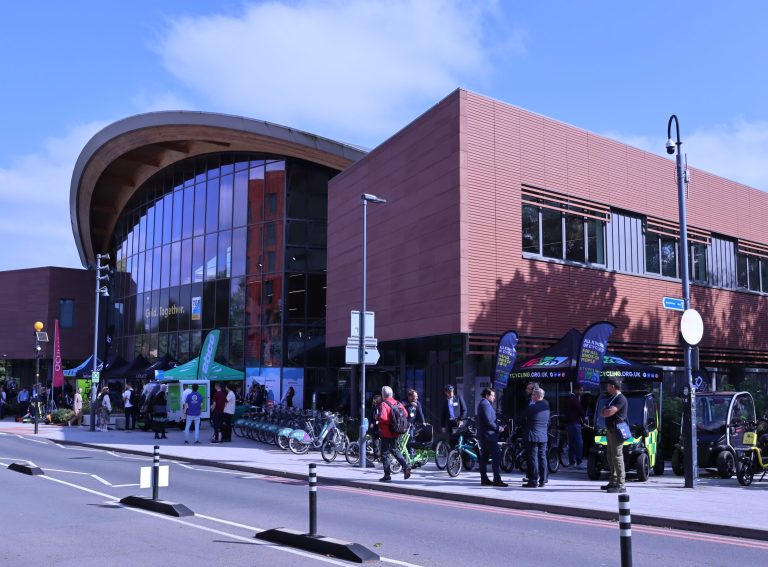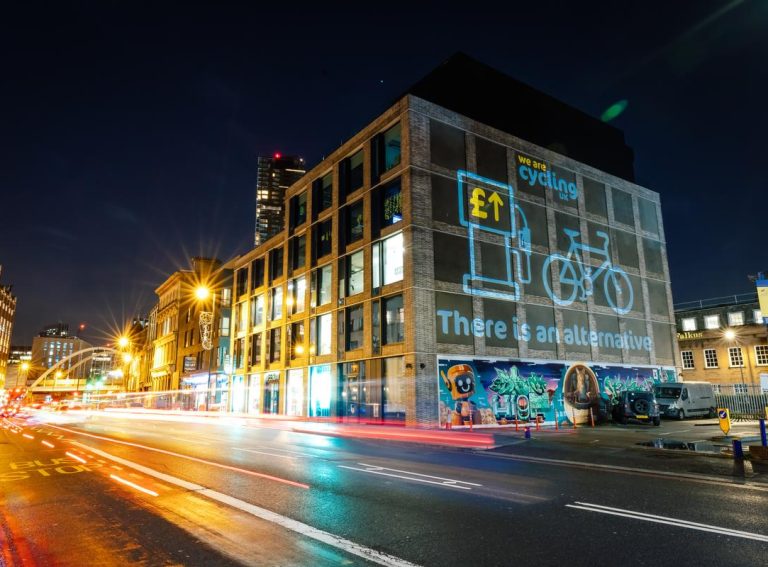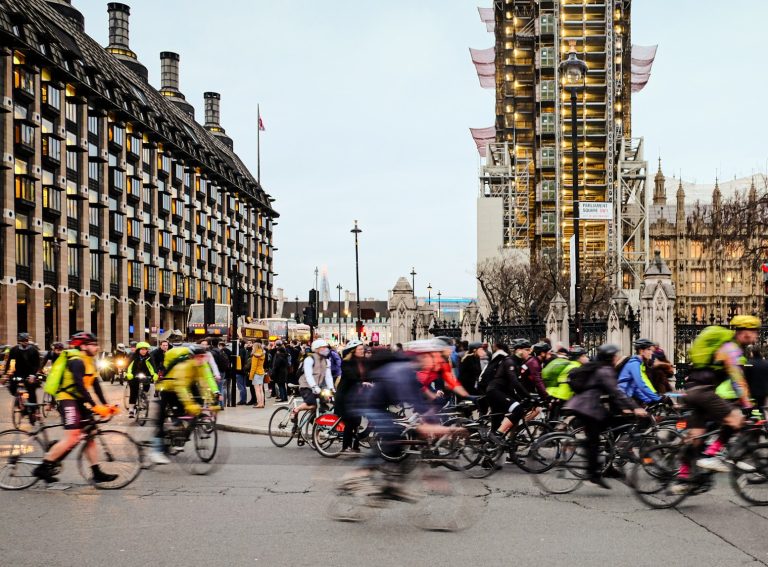Leading micromobility operators Dott and TIER have rejected calls for the rollout of the UK e-scooter trials to be postponed.
The response came after Kent police and crime commissioner Matthew Scott claimed that the trials, which have been ongoing in UK towns and cities since July last year, should not be expanded until more is done to “make sure they are safe”.
“Too many people are using them in places they shouldn’t and we need to stop them being bought for young people,” he said.
“There should be no more roll outs until work is done with retailers, manufacturers and the public to make sure they are safe and people understand the law.”
However, two prominent micromobility operators have responded, stating that the introduction of legislation, which will be informed by the trials, is what will ensure the safety of riders and non-riders going forward.
Fred Jones, regional general manager for Northern Europe at TIER Mobility, told Zag: “The illegal use of private e-scooters on UK streets is a menace that needs addressing, which is why we not only work closely with the police but also let people trade in these unsafe vehicles for TIER credits of equivalent value.
“Legal and regulated rental schemes can bring huge benefits to our cities – but that relies on operators who can be trusted to prioritise safety and responsible parking. We look forward to building on our strong safety record in the UK and introducing our service to London in the right way.”
In its first six months of operating in the UK, TIER has had no reported injuries to a rider or pedestrian across tens of thousands of trips.
TIER is one of the three micromobility firms set to operate in London when the trials begin on June 7.
Lime and Dott are the other two set to be involved, with Dott UK general manager Duncan Robertson arguing that measures will be put in place under the new trials to ensure the practice is as safe as possible.
“We understand fully the concerns of the public, with regards to the imminent e-scooter trials in London, and we would like to offer reassurance that we are working closely with TfL and London boroughs to implement rigorous safety measures, to ensure the safety of riders and pedestrians alike,” he told Zag.
“Our experience of operating in European cities such as Amsterdam and Paris has allowed us to gather data that we can use to drive these measures and provide the safest rides possible. Fortunately, we have found accidents to be a very rare occurrence: we have seen 0 severe accidents, and only 8 minor accidents – no hospitalisation required – reported per million rides in our existing countries (65% below industry, ITF report 2020).”
The London trial will have specific safety and technical requirements, with top speeds limited to 12.5mph, 3mph lower than the national guidance, and geofencing technology installed.
Meanwhile Dott has created a rider-facing initiative called Smooth rider club and an incentivised safety programme.
“It’s well-documented that under-inflated tires and excessive speeding can be incredibly dangerous and, as such, Dott is committed to daily maintenance of all units by a full-time employed team of experts, and the speed of all e-scooters in the trial – across all three operators – has been limited to 12.5mph,” Robertson added.
“It’s clear that there is an appetite for e-scooters in London and we believe that by offering would-be riders the opportunity to rent well-maintained, GPS-tracked speed-limited e-scooters via a legitimate sharing platform, we can discourage the use of dangerous, illegal, un-limited e-scooters. By actively encouraging our riders to take responsibility for the safe use of our vehicles, we’re creating an environment of shared initiative and promoting responsible behaviour whenever riding with Dott.”
The trials will run until new end date March 31 2022, the Department for Transport confirmed recently.




